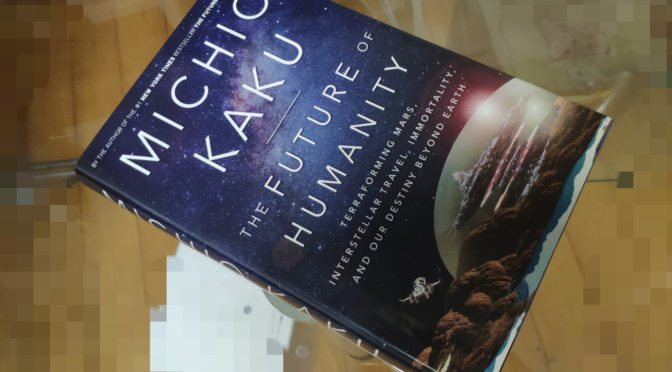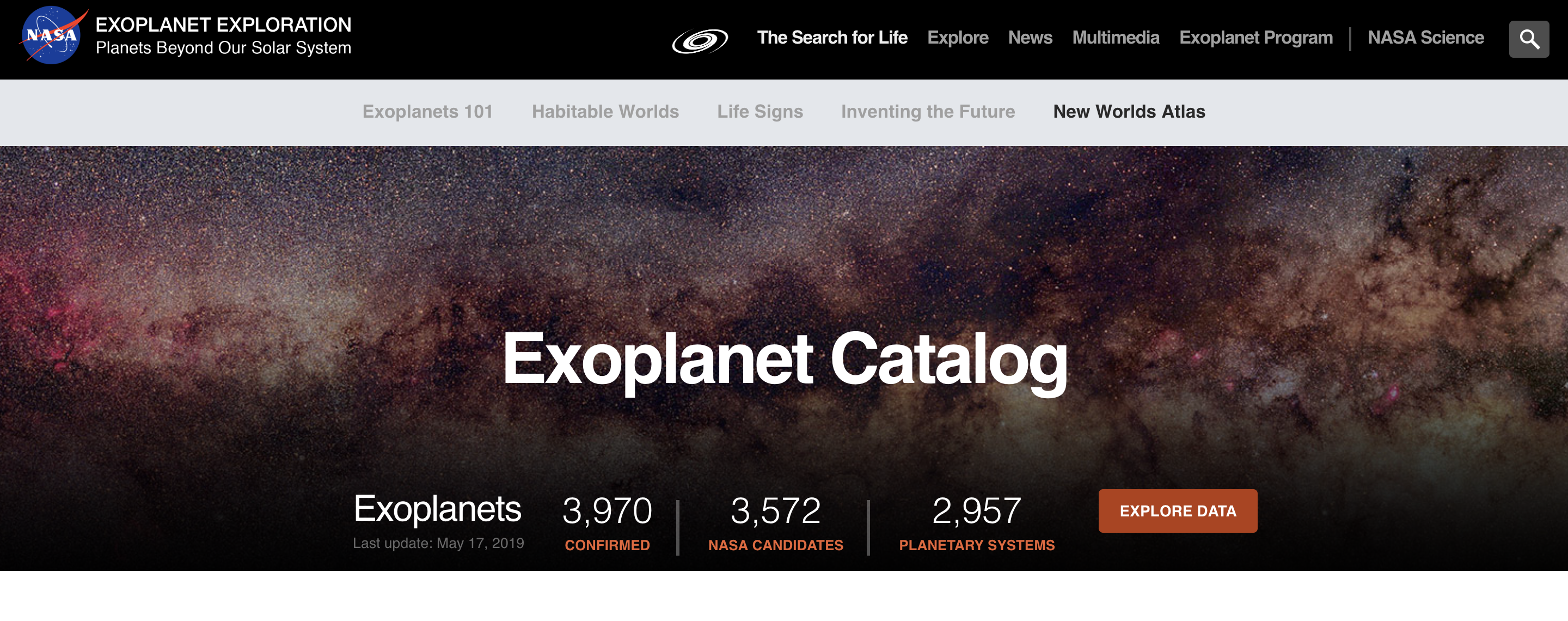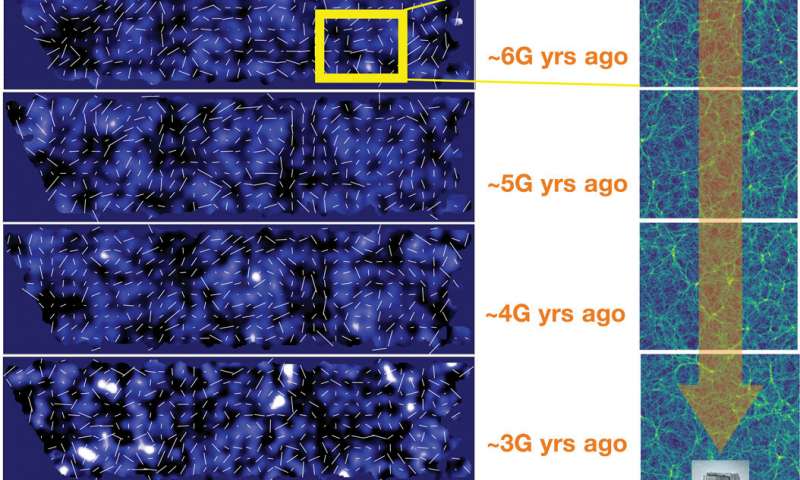I just finished reading Michio Kaku’s most recent book, The Future of Humanity and, like most of his books, thoroughly enjoyed it. Much like his previous books, his writing was thought-provoking to say the least. And it is those thoughts that I tweeted out as I read through the book you’ll find listed below, de-hashtagged for convenience. I’ve also gone through them again and added a few more thoughts which I’ve put in italics. These aren’t books notes but the thoughts and ideas that came from reading what Kaku discussed throughout. I highly encourage you to make the time and read not only this very informative and exciting book, but his previous books about the physics of the technology of the future.
***
Could money be the “grain” of today’s world? – A hundred years ago we needed food, but these days money keeps us going in many ways.
Bets on this idea that ‘WE ONLY HAVE TEN YEARS TO LIVE’ is a certain marketing ploy by some interested people to get funding for their spaceships to Mars?
– I have my suspicions on this one but the thought struck me: what if “the people” wouldn’t be convinced by an expensive Mars expedition, they’d need to be convinced. What better way than to say that the planet is dying? I mean, it’s not like launching rockets is the most ecologically-friendly thing to do.
Sounds like one of the ways we’ll deal with impending comets is that we’ll drink them.
– While discussing the need of getting into space, it turns out that a lot of asteroids are made up of ice, which means we can melt them and drink them, instead of trying to blow them up like they do in the movies.
I can’t help but marvel at the idea that ‘the government’ (whichever one it is) knows everything when one of the first astronauts smuggled a golf club into space.
– This is a fact.
So if we colonized Mars, what would the first city be called?
– Number, name, location detail? And who gets to name it?
So would Martian settlers (or ‘astronauts’) colonize the planet by way of inbreeding or would we send a bunch of test tube eggs and sperm to make use of all the…, um… lonesome happy times?
And what would the side effects be of having two life-sustaining planets in the same solar system? I mean, what if we stir up some gravitational magumbo that pulls us both apart?
– This is actually a little bit misguided because the talk about jumpstarting Mars isn’t about getting the whole planet to become like Earth (at least not yet), but to build colonies that can sustain Earth life.
What would you say to a child of a Martian settlement if they rejected the idea of a creator? Would you agree?
– I couldn’t get it out of my mind the entire time of reading this book that the idea of a god and science isn’t so separate. Actually, what we call a god could very well be where we will evolve over the course of time.
You know what’s cool? We, well, some members of humanity, sent up some satellites to take pictures of planets and then beamed them back to Earth. That is very neat.
– Radio transmissions, the WIFI of the cosmos!
If one of the ways to colonize Space is to set up smaller outposts, why haven’t we found the traces of other civilization’s successes and failures?
– Because the colonies may actually be quite small in comparison to the planet they are on. One need only look at efforts to identify life-sustaining planets based on the dimness of a nearby star to understand how difficult it would be to actually see some other alien life infrastructure.
Just curious, in the lead up to the Moon landing back in the 60s have the same sort of fervor and input as this current lead up to going to Mars? What was the tipping point?
This whole idea that ‘the robots’ will become smarter, better, whatever than us often skips out the question: Wouldn’t we build robots that actually help us as we currently are?
– Yes, why would we build something that would replace us? Why wouldn’t we also build something that can actually help us?
If AI is like a ticking time bomb, have we not created technology that beats bombs, too?
So if we have built WIFI networks and are thinking of sending nano-ships to nearby planets that can communicate with us almost in real-time, could it be that a/the creator did the same with some sort of particle?
– Throughout the book I couldn’t help but think that the idea of God or a god and the future of science may not be all that indistinguishable. Maybe we need to change our thinking?
The idea of a starship is great but will people be able to withstand the g-forces of starting some of these engines up?
– Or would we get thrown into the back of the spacecraft and smooshed up?
In my opinion, one of the simple pleasures of our times is to read. What will the simple pleasures be of the future?
– I still pref physical books to ebooks, and I can’t see that changing.
If there was perfect symmetry before the Big Bang, then what would we consider the whatever that disturbed that symmetry to be: good or evil?
Maybe humanity is much like ants: we are alive for a season and then die when that season is over?
– Kind of sad isn’t it?
If you go through a black hole and get spit out a white hole, would you still have the consciousness of what happened?
If advanced civilizations could travel through space, why don’t we see little flicks of light as their engines engage?
– First, most likely, because they don’t flicker like they do in the movies. Second, because they’d be tiny flashes at best, much dimmer than the stars in the night sky.
Did not even know they kept track.
– …Of the number of exoplanets they have found, even how many can sustain Earth-like life.
Is it not quite sad that even by reading about The Future of Humanity by @michiokaku we then go outside, look up at the stars, and can only say, ‘We’re not there yet.’
‘…and then we realized the cheapest, safest and easiest way was to simply put some of our DNA into an asteroid passing by and let Mother Nature take our descendants to the stars.’ Sound familiar?
– I imagine this being presented at a conference in the future in which an alien race instructs us on how to actually colonize space. Stop building rockets with fake materials, send real biological matter! haha
In the pursuit of immortality, why is it that some people think that all these rich people pouring money into the field is any different from previous attempts by the kings and queens or yore to live forever? Why is this time different?
– Yea, the excitement seems to be there that this time is different and that these “corpsicles” will be re-awoken at some point in the future. Let’s hope?
So, death could be simply a transformation of consciousness?
Drake’s equation suggests there could be some twenty billion Earth-like planets in the galaxy. Kinda almost sounds like we could be late to the party.
This may sound like a stupid question, but what would someone sound like if they descended from birds?
– Kaku discusses quite a few interesting ideas about how our understanding of “alien life” may not be broad enough to see what’s out there. He discusses two other possible forms of life, those of birds and fish, and actually discusses how it could be possible that a civilization could arise from a species of fish. Very interesting.
Reading about the three main features life needs to succeed in the universe, a set of eyes, opposable thumb or something to grasp with, and a language. These actually give me hope that we will meet our galactic neighbours one day.
The general time signature of a birdsong is … ?
If a Type 3 civilization uses the power of a galaxy, could we be getting in the way of some other civilization’s progress?
– The whole Hitchhiker’s Guide to the Galaxy “You’re in our way” idea.
And if that civilization is using all the energy from the galaxy, what are they doing with it?
It almost makes complete sense that transitioning from a Type 0 civilization to a Type 1 civilization requires finding a way to sustainably do so.
Current (human) civilization rating: Type 0.7 for energy, Type H for information. We’ve got a ways to go. Should we make a billboard somewhere?
Only 3500 generations separate any two humans?
Not sure about This, but if a Type 3 civilization can do all these fancy things, taking time to actually move across the stars and planets actually seems like a waste of time. I mean, what would they do along the way?
– This makes it sound like, however advanced you get, you still need to actually allow for the time to travel between two points. Geez, really? Seems kinda slow.
Seems kinda dumb that a Type 0 civilization could understand what a Type 3 civilization is able to do but isn’t able to do it itself. Why can’t we figure it out?
I am curious how someone can play around with numbers and come up with a new understanding of how the universe works. I mean, do you think of the idea first or the numbers first?
And are there any moral or ethical concerns in creating a baby universe in a laboratory?
They mapped dark matter?
I suppose the difference between a Type 3 civilization and god is that, in calculating the viability of a wormhole, the civilization could only make a reasonable conjecture, but god, assumably, would know.
Uhhh, are we sure archaeology would still exist if some civilization hit the Type 3 level? I mean, why would they bother? And why wouldn’t they know already?
– As in, why would such an advanced civilization care about old stuff?
If there could be some great, galactic diaspora, could it be that we have some long-lost cousins out there just waiting to be reunited? Would we, or they, care?
Yea, ‘despair’ accurately describes the feeling of thinking about how the universe will end. Crunch, freeze or rip?
– Kind of depressing to think that all the things we do we all get swept up in a big cosmological burst of some sort. Why do we care so much about money then? Or anything?
We will have some kind of warning, won’t we? About this end of days thing? I mean, it’d happen kinda like climate change, right? We’d see it and have time to prepare?
– I’m guessing here, but if we continue to live and advance and evolve, we’ll certainly see when we should be making the move out of our current universe and into another, we hope?
K, but,… ummm, all this talk of a Type 4 civilization just jumping over the universe’s ending kinda leaves open the question of just who is involved in that jump. I mean, if humanity wanted to jump, we’d need either large starships or just take the planet with us, right?
So who, and how, are these Type 4’s jumping out of the universe? Are they a single being or are they a collective? Do only the rich or good get to go or have they already solved that issue?
– Similar to how we like to group together the idea that “humans” or “humanity” is venturing into space, but we’re not all going. Only a very few have actually been able to go up there. Will there ever be a time that we could all, literally, leave Earth for the next planet?
Seems kinda silly to think ‘if we are lucky to evolve into a Type 4 civilization’, as if our ancestors thought that when they were swinging from trees. ‘Imma gonna evolve so my kids don’t have to live in these trees any more!’
– Did the Neanderthals ever think of what would happen to their descendants?
But, if we have to move into a new universe, what happens to the beings already in there? Can we not see a Type 4 civilization moving into our own universe?
***
The book makes it clear just how much we don’t actually know about our own surroundings in space. And to wonder about how long it took for us to go from understanding and knowing how to sail the waters of Earth, how long will it take for us to do the same for space travel? and the next time someone declares that they’re right because “it’s science,” I kinda have to wonder if maybe they’re deluding themselves. Maybe some things are constants, others, maybe not so constant.
Overall, an excellent book and I highly recommend it.


